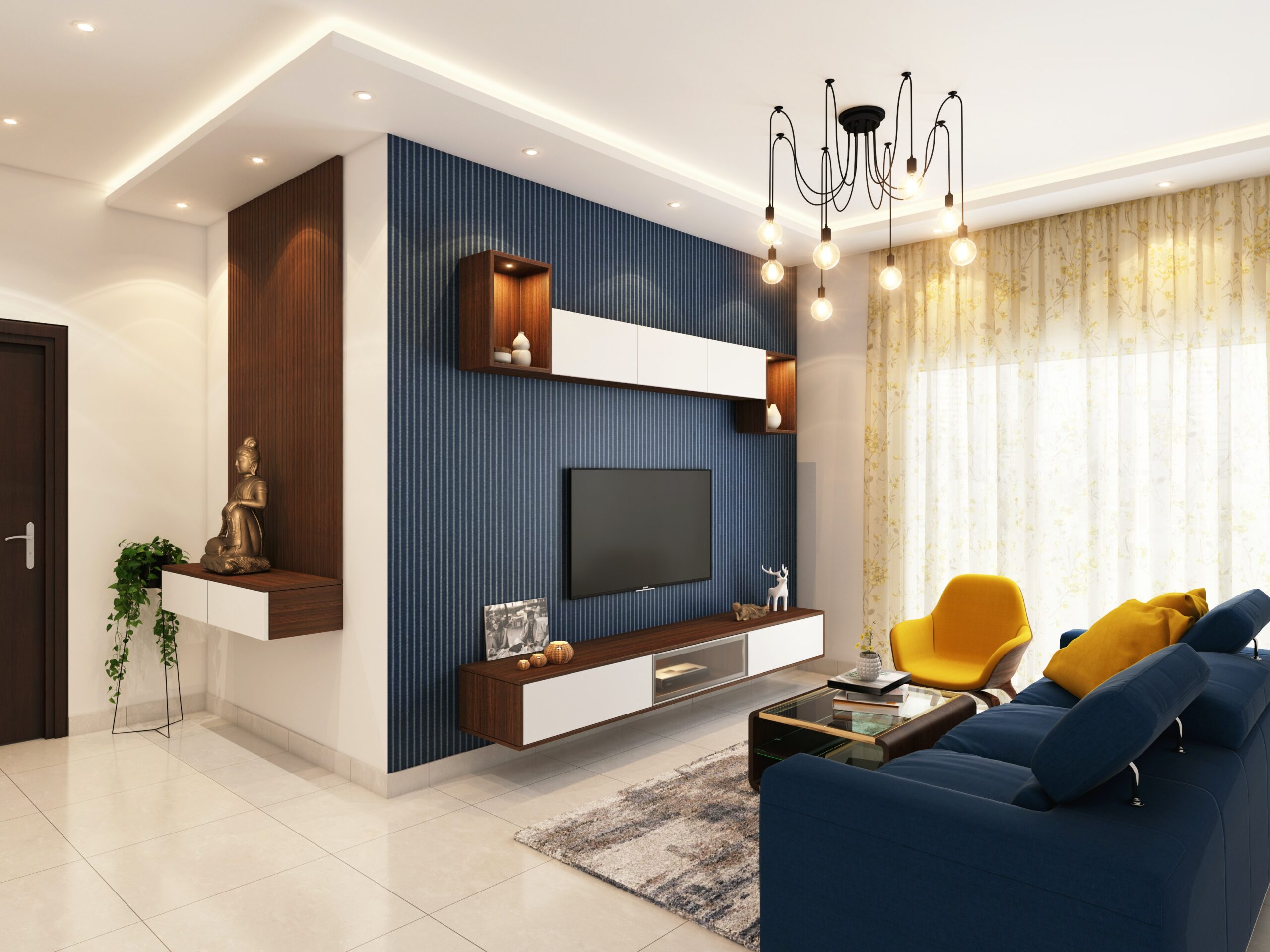
Picking the perfect items for your home can be challenging, especially if you lack interior design experience. Most people have an idea in their head of how they want their home to look, but they don’t know where to start. However, by following certain steps and techniques, anyone can choose items for their home like a professional.
Determine Your Style
The first step in finding out what you want your home to look like and how to achieve it is to have a clear understanding of your style. This can range from modern and minimalistic to traditional and ornate. Understanding your style will help you choose items to go in your home that reflect your personality and taste and ensure that your home is cohesive and harmonious.
Consider Functionality
When putting together different types of items, it’s important to consider how each will be used and its purpose. For instance, a coffee table should be sturdy and able to support the weight of books and drinks, while a throw pillow should be soft and comfortable. To have a cohesive home, it’s important that each piece follow a general color palette and style. One good example of this is mid-century modern, where neutrals or jewel tones are often used and every piece of furniture has a distinct style and the same wood color.
Emphasize Quality
When choosing items for your home, it’s crucial to prioritize quality over quantity. Choose decor and furniture that are made from high-quality materials and are built to last. This will not only result in a more attractive and functional space but also save you money in the long run by avoiding the need for frequent replacements.
Mix Textures and Patterns
Interior designers often use a mix of textures and patterns to create visual interest and depth in a space. For example, a plush velvet sofa paired with a patterned rug or Mexican tile flooring can create a cozy and inviting atmosphere. Mixing textures and patterns is a great way to add dimension to a room and make it feel more dynamic and interesting.
Invest in Statement Pieces
A statement piece is a larger item such as a sofa or armchair, that makes a bold statement and serves as the focal point of a room. Consider investing in a statement piece that truly reflects your style and enhances the overall look of your space. You could do this by choosing a colorful or textured sofa, an ornate chandelier, or even a detailed rug.
Don’t Be Afraid to Experiment
Finally, don’t be afraid to experiment and take risks. Interior design is about creating a space that reflects your taste and style, so don’t be afraid to try new things and step outside of your comfort zone. Before buying anything to go in your home, research different design styles to see if anything sticks out to you that you normally wouldn’t choose. Often, doing this can allow you to find great statement pieces or pick an entirely different design style than you would have before.
Benefits of Handpicking Items
Choosing items for your home like an interior designer have numerous benefits and can bring a personalized touch to your living space. Here are a few of the advantages:
Unique Style
It’s easy for a home to feel drab or monotonous when the chosen style follows cookie-cutter guidelines. Your home is often a reflection of yourself, so not being afraid to show your unique style can benefit you in having a home that stands out from the rest. Find that pop of color, fun pattern, or a statement piece that perfectly represents you and brings you joy, and everything else will fall into place.
Attention to Detail
When putting together pieces for your home, you should take the time to carefully consider each one, ensuring that it fits in with the overall aesthetic of your home. It’s best to stay away from sets of identical furniture in most cases, as building a room with individually sourced pieces can make the space feel more curated. Doing this can show others the time and effort that went into creating the space.
Quality
By finding each item yourself, you can be certain that you’re purchasing high-quality pieces that will last for years. After researching things like manufacturers and types of sturdy furniture construction, you will be able to know that the items you are purchasing are actually worth the money you are spending on them and will stand the test of time.
Greater Harmony
Thoughtfully choosing the pieces to go in your space allows you to carefully coordinate each piece’s colors, textures, and patterns, resulting in a cohesive and harmonious space. After deciding exactly what type of design style and color palette you want to use, it’s easy to quickly pick out pieces you want to use from the sea of those available. One great tip is to keep a photo album on your phone of inspiration photos along with photos of every item that you have already bought so that you can reference back and make sure you are making the right decisions.
Customization
Another benefit is that you can choose custom-made or modified items to fit your specific needs, resulting in a truly one-of-a-kind space. Doing so will cost more, but it can allow you to have exactly what you want. Examples of this are picking fabrics or colors for your sofa that aren’t normally offered, having a dining table built specifically for your spacial dimensions, or custom-designing your wallpaper.
Increased Satisfaction
By piecing together the design of your home by yourself, you can take control of the design process, resulting in a space that you love and that truly reflects your style. It is common for designers to choose the majority of the items that go into a home without too much say from the owner, so opting out of hiring a designer can keep you from this. At the end of the day, you will know that you were able to design rooms throughout your home in the exact way you wanted to, leading to increased satisfaction.
Disadvantages of Handpicking Items
Time
Finding items by yourself can be time-consuming and require a significant amount of research and shopping around. Since it’s frowned upon to choose multiple items from the same collection, that means you will have to shop through different collections or even different stores.
Budget
Handpicking items can sometimes be more expensive whenever you opt for custom pieces, one-of-a-kind finds, or unique finishes. Choosing things that aren’t readily available to you at a mass scale often calls for a heftier price tag. If you want to save money, it’s best to only choose one or two pieces that are at a higher price point or even shop at vintage or discount stores to lower the amount you spend.
Availability
Some pieces you want may not be readily available, leading to long wait times or even backorders, causing delays in the completion of the design project. This can happen frequently when deciding to shop online, so a way to steer clear of this problem is to shop in person. This can also allow you to see everything up close and make sure that it is exactly what you want.
Difficulty of Coordination
You may have difficulty coordinating different pieces, colors, and textures to create a cohesive look. This can especially happen if you buy different pieces from different stores, as you aren’t able to physically sit them side by side to see how they work together. One way to overcome this is to make sure you keep photos of everything you have already bought so that you can refer back to them while buying something new.
Stress
The process of choosing items by yourself can be stressful, especially for those who don’t have a background or experience in design. The choice of design styles, colors, textures, and patterns can often be overwhelming for an individual. To avoid this, you should put a good amount of effort and time into research so that you know exactly what you want.
Conclusion
If you want to decorate your home like a professional, you need to have a good idea of what you want your space to ultimately look like. To ensure that your home is designed exactly how you want it to be while staying within budget, it’s important to follow the guidelines mentioned throughout this article. Once you know what you want, everything else is allowed to fall into place. So find your style, pick your pieces, and make a home that you will love!

